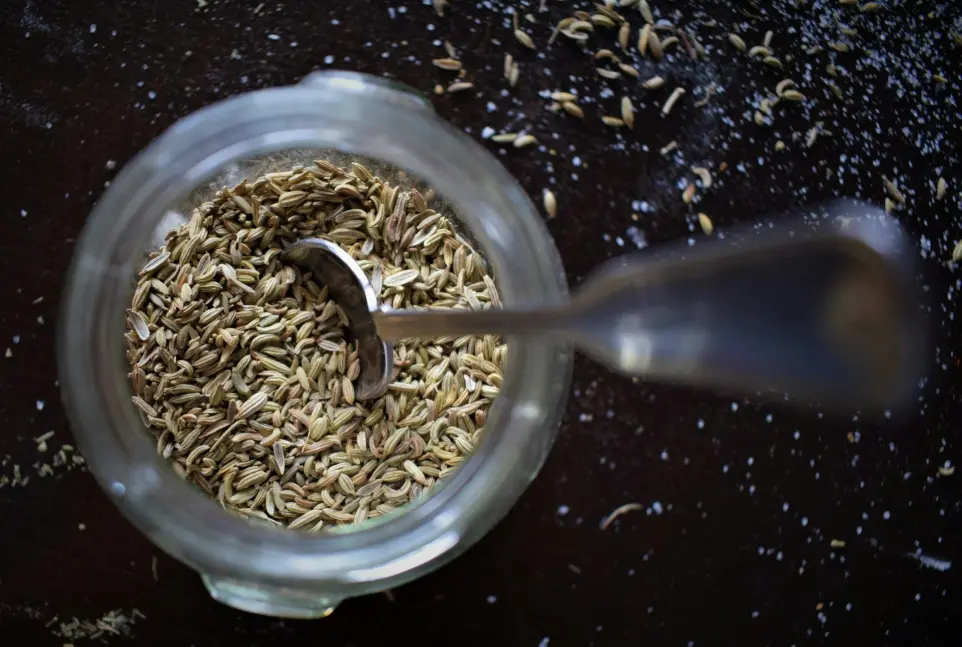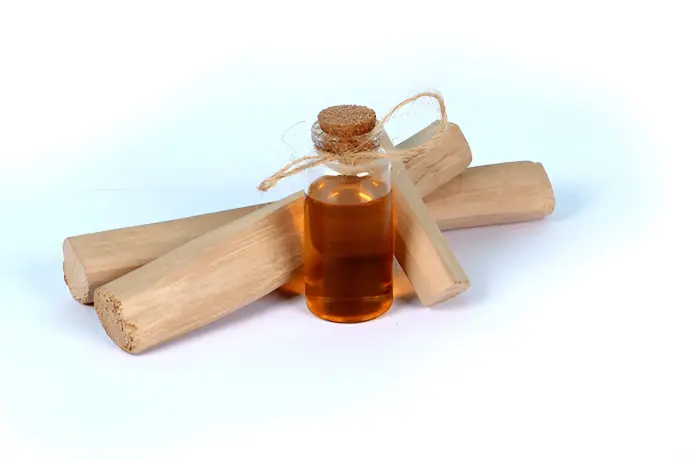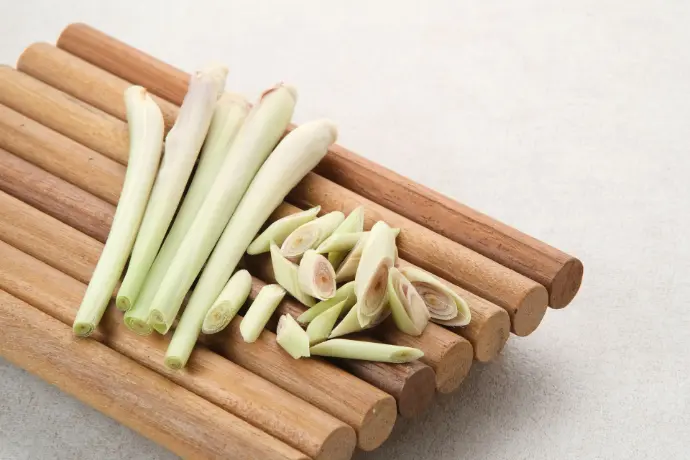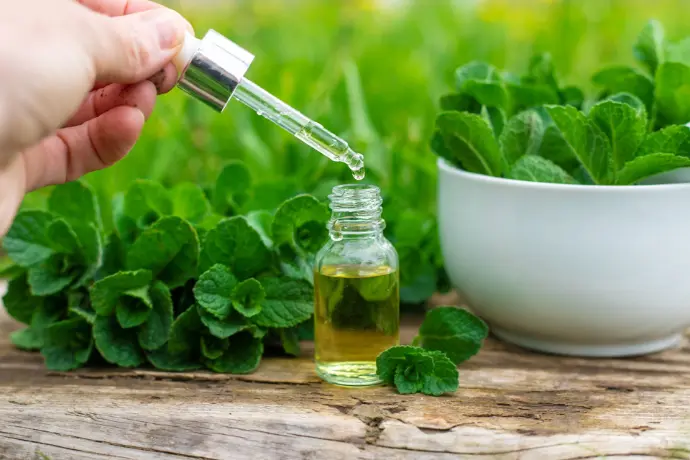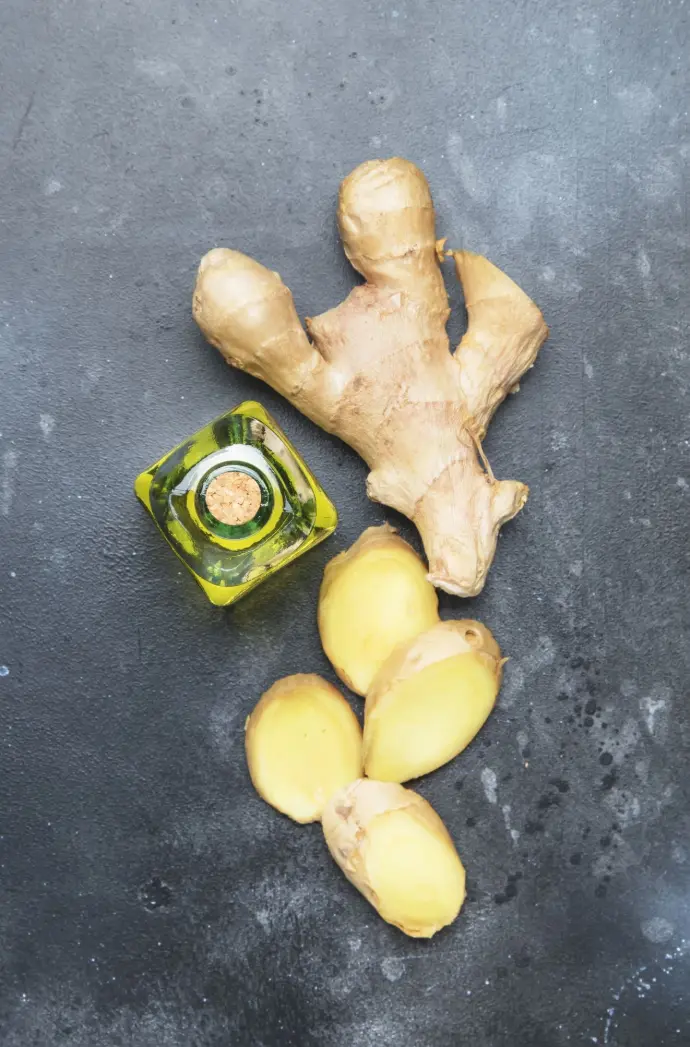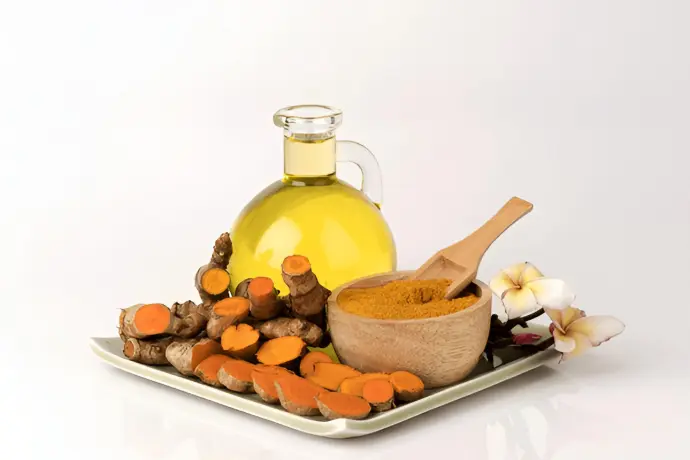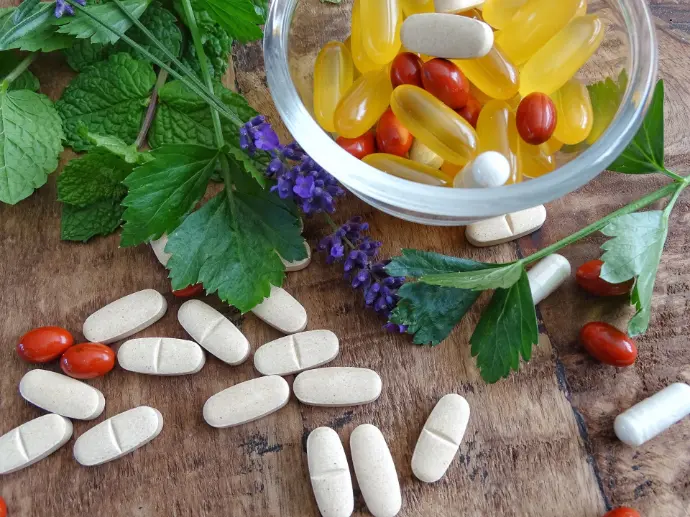About Product
Cumin oil is derived from cumin seeds and has a yellow-greenish to brownish green coloration. It contains a blend of complex, sweet, spicy flavors. Besides India, the Mediterranean region is also known to be one of the top producers. Cumin hand vital importance in Indian cooking as it consider the backbone for every masala, pickles and curry prepared. There also exist superstitious claims that during middle ages cumin saved both chickens and lovers from wandering off. Furthermore, cumin was thought to possess omen characteristics predicting a happy married life which led brides and grooms who wished for those blessings brought them along in their wedding.
Cumin also possesses other ingredients such as cuminaldehyde (4-isopropylbenzaldehyde), terpenes, p-cymine, limonene, myrcenem, phellandrene et cetera that make up its essential oil. The main components such as ketones and aldehydes reside hydrocarbons.. flaconoid glycosides are also non volatile compounds discovered within oil. Cumin serves primarily with volatile oils works well as a seasoning spice in almost all savories and curries.
Studies have shown that cumin aids digestion calms bloating gas in the abdomen while possessing anti microbial properties suppressing or eliminating microorganisms harmful to health put him under the category of stimulant carminative
Cumin is applied in traditional medicine therapy for jaundice, diarrhea, and other digestive issues. Its uses extend to veterinary medicine as well. Cumin is renowned for its potent antimicrobial activities which were so valued in ancient Egypt that it was used in the mummification process!
Composition
- Cuminaldehyde: The primary compound in cumin oil, which provides its warm, spicy, and earthy aroma, along with its antimicrobial and antioxidant properties.
- Limonene: A compound known for its citrusy notes and its ability to provide digestive, anti-inflammatory, and antioxidant effects.
- Gamma-terpinene: Contributes to cumin oil's antimicrobial properties and supports its digestive health benefits.
- P-cymene: A monoterpene that offers antimicrobial and anti-inflammatory properties.
Physical Characteristics
- Appearance: Cumin oil is usually a pale yellow to amber-colored liquid.
- Odor: The fragrance of cumin oil is warm, earthy, and spicy, with a slight citrus undertone.
- Taste: Cumin oil has a sharp, spicy flavor, similar to ground cumin but more concentrated. It is used in small quantities for flavoring.
Health Benefits
- Digestive Support: Cumin oil helps stimulate digestion, reduce bloating, and alleviate nausea. It can also support the treatment of indigestion and improve overall gut health.
- Antimicrobial Properties: The high levels of cuminaldehyde and other compounds in cumin oil make it an effective antimicrobial agent, helpful in fighting infections, particularly in the skin, digestive system, and respiratory tract.
- Anti-inflammatory Effects: Cumin oil’s anti-inflammatory properties help reduce inflammation, making it useful for treating conditions like arthritis, joint pain, and muscle soreness.
- Antioxidant Protection: Cumin oil helps protect the body from free radicals, reducing oxidative damage and preventing chronic diseases.
- Pain Relief: Cumin oil provides relief from pain associated with headaches, muscle pain, joint pain, and menstrual cramps.
- Respiratory Health: Cumin oil acts as a natural expectorant, helping to clear mucus and ease symptoms of coughs, colds, and bronchitis.
- Skin Health: The antimicrobial and antioxidant properties of cumin oil help treat acne, improve skin tone, and prevent skin infections.
Assists in the management of obesity.
Cumin has powerful anti-microbial properties.
Great source of iron and treats anemia.
Key Features
- Source: Derived from the seeds of the Cuminum cyminum plant (cumin).
- Active Ingredients: Cuminaldehyde, limonene, gamma-terpinene, p-cymene.
- Appearance: Pale yellow to amber liquid with a warm, earthy, spicy fragrance.
- Applications: Used in culinary, skincare, hair care, wellness, and aromatherapy products.
- Health Benefits: Provides digestive support, antimicrobial protection, anti-inflammatory effects, antioxidant protection, pain relief, respiratory support, and promotes skin health.
Application
Culinary Uses:
- Flavoring Agent: Cumin oil is used in cooking to add a rich, warm, and spicy flavor to a variety of dishes, such as curries, stews, soups, sauces, and even beverages. It is a popular addition to Indian, Middle Eastern, and Mediterranean cuisines.
Cosmetics & Personal Care:
- Skin Care: Cumin oil is used in skincare products due to its antioxidant and antimicrobial properties. It helps reduce acne, improve skin tone, and promote overall skin health.
- Hair Care: The oil is sometimes used in hair care formulations to help stimulate hair growth, reduce dandruff, and promote scalp health.
- Massage Oil: Due to its anti-inflammatory properties, cumin oil is often used in massage oils to relieve muscle pain, joint stiffness, and improve blood circulation.
Health & Wellness:
- Digestive Health: Cumin oil is well known for its ability to promote digestion, relieve bloating, and improve overall gut health. It helps stimulate the production of gastric juices and supports healthy digestion.
- Antimicrobial & Antioxidant: Cumin oil has powerful antimicrobial properties that help combat infections and promote a healthy immune system. It also has strong antioxidant properties that protect the body from oxidative stress.
- Respiratory Health: Cumin oil can be used to alleviate symptoms of colds, coughs, and respiratory infections. It helps clear mucus from the respiratory tract and can improve breathing.
- Pain Relief: Cumin oil’s analgesic and anti-inflammatory properties make it effective for relieving pain associated with muscle and joint issues, as well as headaches.
ALSO ACT AS A
Flavoring Agent : Spice mixtures, seasoning blends, curry & savory flavors, bakery & confectionery items and some beverages.
Preservative : Employed in the processing of meat products such as sausages and in pickling.
Therapeutic : Treatment for stomach disorders and infections in nutraceuticals and traditional medicine.
Nutritional : Used in herbal medicines and cosmetics.
